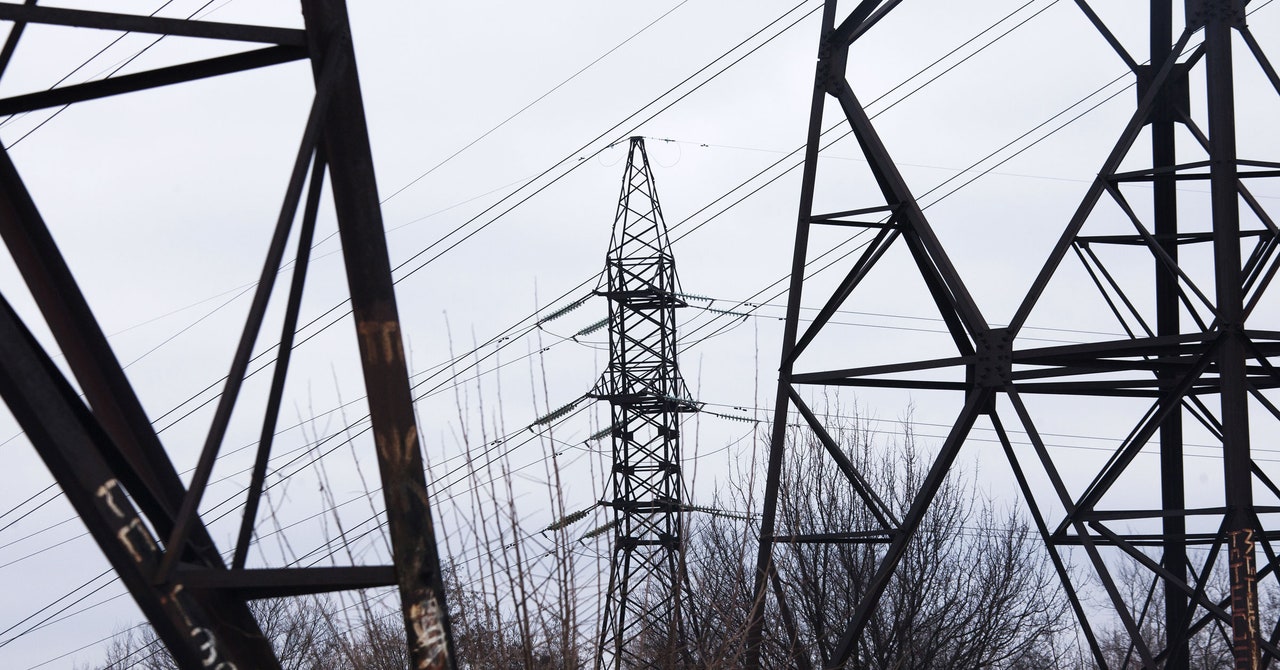If the people who buy cryptocurrencies intended only to hold them as speculative investments, there will be no real need for crypto wallets. Exchanges and online brokerages that convert dollars into, say, bitcoins would store all that digital currency for you like so much money in a bank account.
But crypto wallets (also known as “blockchain wallets”), which have been around since the early days of Bitcoin, serve many purposes beyond simply HODLing this cryptocurrency without fees.
Wallets can also store digital collectibles like NFTs that you may want to buy, sell, trade or transfer to someone else or even to another wallet you own. They can facilitate the sending and receiving of digital money to and from other people’s accounts, crypto exchanges or digital markets. And since they’re usually decentralized, even if they’re created by an exchange like Coinbase Wallet or Binance’s Trust Wallet, you control the account. This means that only you are responsible for what’s in the wallet, remembering the password and passphrase that unlocks the wallet, and managing the funds it holds.
Although the concept is simple – a place to store your cryptocurrency and use it – choosing a crypto wallet can be an incredibly confusing experience. There are somewhere around 150 different wallets to choose from. Some only handle a few popular cryptocurrencies; others allow you to trade and store obscure types of digital tokens. Ready to get started?
Select a wallet
The first thing you need to decide is what you plan to do with your cryptocurrency.
If the NFT market is what you are interested in, choose a wallet that can connect to NFT markets such as OpenSea, SuperRare and Solanart. Some of these markets run on a specific blockchain and this may determine your choice of wallet. For example, OpenSea supports Ethereum, Polygon and Klatyn blockchains; most transactions use Ethereum and many NFT traders use Metamask to buy, sell, store and list for purchase the NFTs they received through OpenSea. Some of OpenSea’s top NFTs include CryptoPunks and Bored Ape Yacht Club, which you may have heard of.
For Solanart, which relies on the Solana blockchain where NFTs such as “Degenerate Ape Academy” are traded, you would probably want to choose a wallet that is commonly used by Solana cryptocurrency holders such as Phantom, Solflare, or Sollet.




